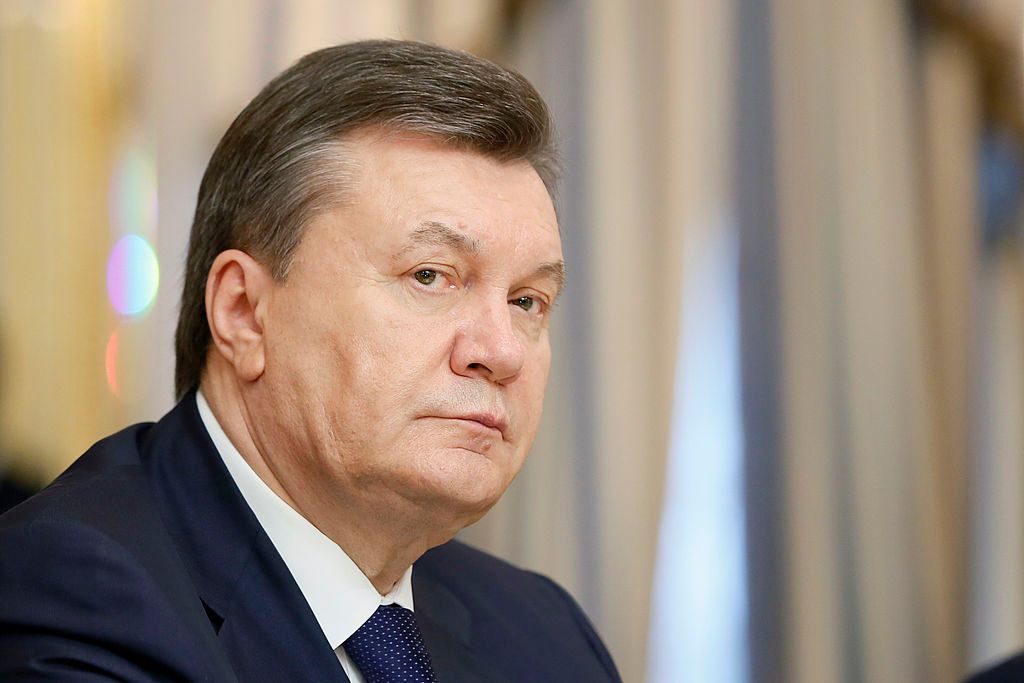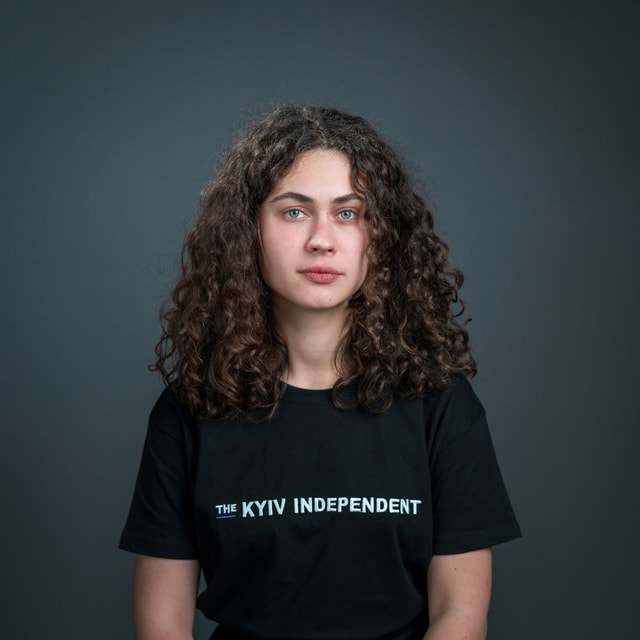In occupied Ukraine, the first day of Russian school begins with preparations for war

Members of Russia’s Young Army movement take part in school festivities in Russian-occupied part of Donetsk Oblast, Ukraine, on Sept. 1, 2025. (Telegram)
Across occupied Ukraine on Sept. 1, children spent the first day of the new school year being brainwashed into idolizing Russia and waging war.
At a newly opened school in Luhansk, Leonid Pasechnik, the Russia-installed head of the occupied territories in Luhansk Oblast, posed near a bust of Soviet leader Vladimir Lenin, and said students should "love the motherland, cherish and protect it, because it is the most precious thing they have."
"(Let's go) only ahead, only to victories!" he added.
Similar scenes played out across the occupied territories — students in Donetsk marched while holding the Russian tricolor flag. In Kherson Oblast, a politician from Russian President Vladimir Putin’s "United Russia" party handed out sweets.
Ukraine's Center for National Resistance posted a photo it claimed was from Luhansk Oblast showing children in a training session where they were being taught hand-to-hand combat and "special forces techniques."
"The 'instructors' openly said that this was preparation for selection into military formations," the center said.
"Children and young people are being encouraged to regard war as an inevitable part of their futures," Jenny Mathers, Russia expert and lecturer in International Politics at Aberystwyth University, told the Kyiv Independent.
"And to prepare themselves to play their parts, whether as soldiers or as civilians who support the war effort," she added.

Videos and pictures from Mariupol and Donetsk showed members of Russia's Young Army movement present during ceremonies celebrating the first day of the school year, marching past rows of young children.
Created by the Russian Defense Ministry in 2016 in order to encourage "patriotic education of Russians from the age of eight," the group encourages other schoolchildren to join and eventually enrol in the Kremlin's armed forces.
"The Russian military comes, always followed by a Russian teacher."
The militarization of education violates the Geneva Convention on the Protection of Civilian Persons in Time of War and is regarded as a war crime under international humanitarian law.
Inna Sovsun, a lawmaker from the Holos political faction, told the Kyiv Independent this was a pattern that has been repeated every year in Ukrainian territories occupied by Russia.

"The Russian military comes, always followed by a Russian teacher," she said. "As soon as Russians occupy somewhere, the first thing they organize is the educational process."
Currently, Russia occupies roughly 20% of Ukraine’s territory. For the children of Ukrainians living under occupation, a Russian education is compulsory.
Russia has been using financial incentives to recruit Russian teachers to work in occupied parts of Ukraine in a campaign aimed at reshaping local identity and fostering loyalty to Moscow’s regime, according to a report published by the Center for European Policy Analysis (CEPA) on June 26.
When Ukrainian children sit at their desks they read Russian versions of history, both of their own country and that of the "special military operation," the term the Kremlin continues to use to describe the full-scale invasion.
The curriculum is tightly controlled from Moscow — on Aug. 20, Russia’s Education Ministry published lists of "patriotic" books written by Russian writers that are acceptable for use in classrooms.

Russian and Russian-installed officials in Ukraine's occupied territories were keen to put a positive spin on the first day of school — Denis Pushilin, the head of the Russian illegal occupation administration in Donetsk Oblast, said the children at a school in Makiivka, Donetsk Oblast, had "promising faces."
"In reality, children there have very bleak prospects," Sovsun said, adding their educational certificates are only recognised in Russia meaning if they wish to go on to higher education, they will be forced to stay in the Russian education system.
"What is happening now shocks me, but does not surprise me at all,” Sovsun added.











